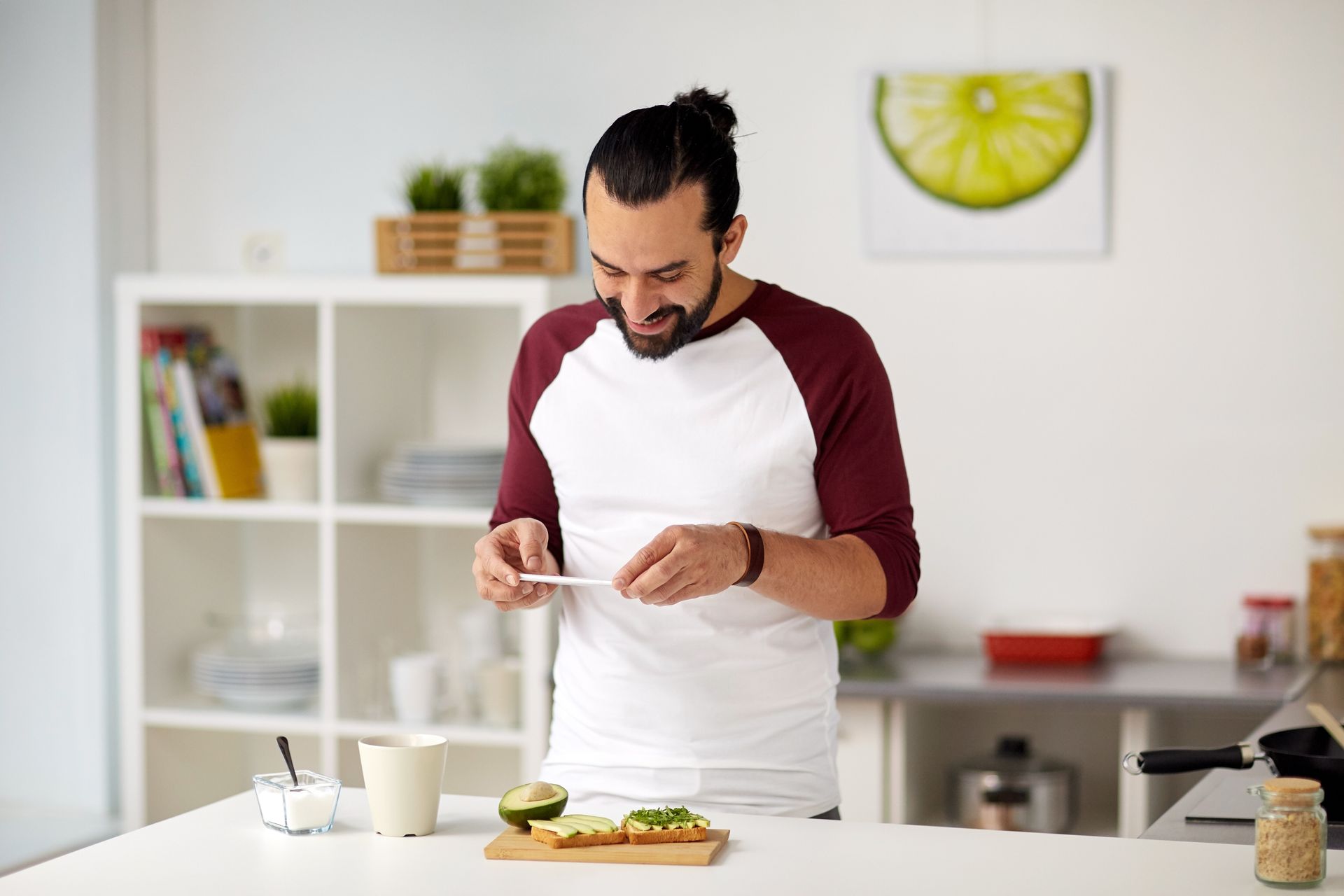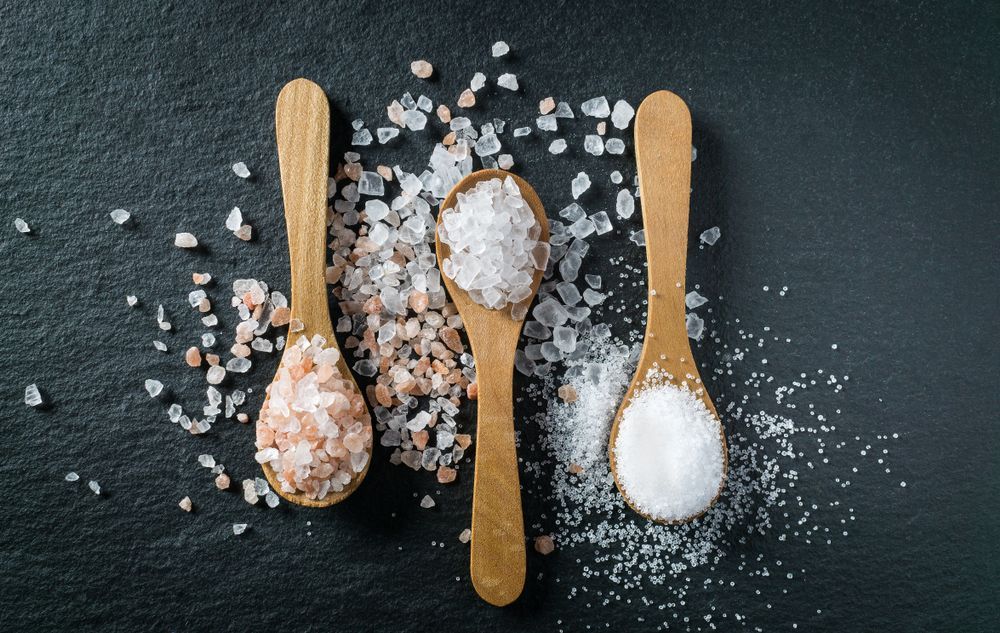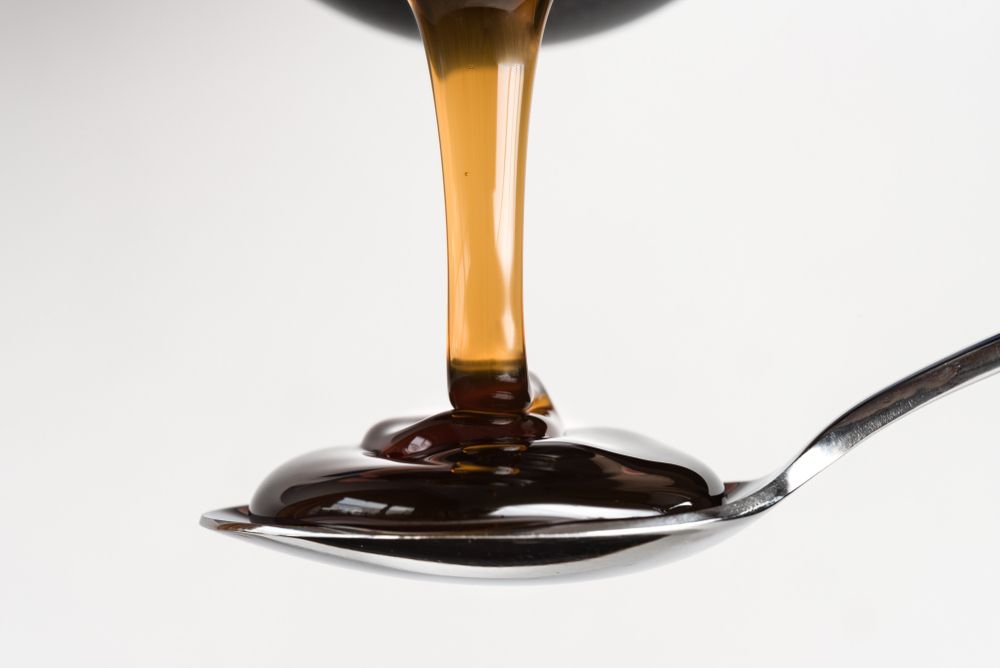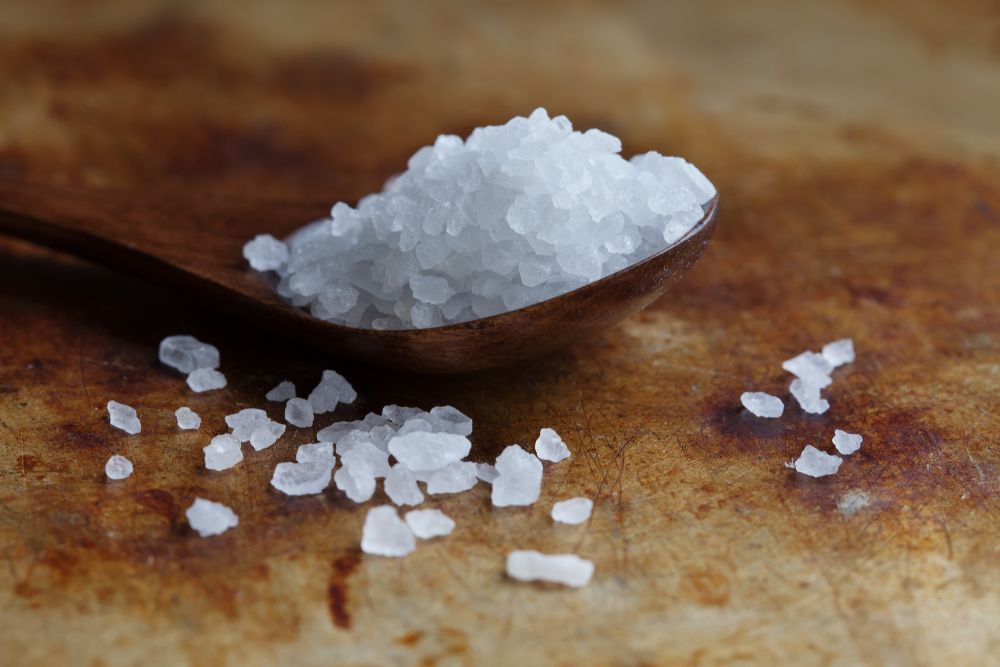Types of Sugar Alternatives and Sweeteners

What are Sugar Substitutes?
Sugar is necessary for us, and it is found naturally in all kinds of foods we eat, but it doesn't stop us from indulging and adding extra sugar to many of the foods and drinks we love. Sugar isn't inherently bad for us, but it becomes a problem when it adds loads of additional calories to our diets. This is why many food scientists turn to sugar substitutes, alternatives to sugar made from chemicals or plants, to add sweetness to our food without the added calories. Sugar substitutes tend to be much sweeter than sugar itself, meaning many product businesses love using them because you don't need to use as much sweetener. Sugar substitutes might make a price tag or nutritional facts label look more impressive, but that doesn't mean they are the perfect solution. Substitutes pose their own share of health risks and challenges of serving as a replacement for sugar in recipes. Just with sugar, these sweeteners have their own share of pros and cons, where the individual or business will have to make the decision they think is right for them.
Artificial Sweetener vs Natural Sweeteners
Artificial sweeteners are manufactured in a lab using various chemicals to create different types of sweeteners. They can be up to 700 times sweeter than sugar, so generally smaller quantities are added to various food products. Generally, all artificial sweeteners contain no calories or are completely stripped of calories, but otherwise do not contain any other nutritional benefits that some naturally occurring sugars provide. Artificial sugars allow people who struggle with poor blood sugar levels or obesity to enjoy the taste or experience of sugar without the additional calories.
Natural sweeteners, sometimes called novel sweeteners, sort of combine the benefits of artificial sweeteners and naturally occurring sweeteners like honey or maple syrup. While they share the zero-calorie benefit with artificial sweeteners, natural sweeteners still act more similarly to natural sugars by being less processed.
Types of Sugar Substitutes
You will find many different types of sugar alternatives and sweeteners in your favorite foods, beverages, grocery stores, baked goods, diners, and more. We will highlight just a few of the popular artificial and natural sugar substitute options below.

Artificial Sweeteners
Aspartame
As one of the most widely commercially used substitutes, you'll find aspartame in thousands of products ranging from
soft drinks, frozen foods, cake mixes, and more. Aspartame is really just two different amino acids, aspartic acid and phenylalanine. It's not the most favorable sugar alternative to use in cooking or baking, since the sweetness levels don't hold up to heat.
Sucralose
A very common artificial sweetener that you probably know by the name of Splenda. Sucralose actually contains sucrose as an ingredient, meaning there is real sugar found in this type. This makes it a decent alternative to use in baking, and can be substituted in equal parts. Sucralose can also retain its sweetness even when exposed to high temperatures from an oven. Unlike sucrose, sucralose uses a chemical process when made to eliminate all calories.
Saccharin
One of the first sugar alternatives on the market, you may know it as Sweet'NLow on your tabletops. You will find saccharin used as a sweetener for medications and come confectionary items, but it is a little less common in cooking since it sometimes inherits a metallic aftertaste when combined with the wrong ingredients.
Natural Sweeteners
Stevia
Made from a plant of the same name found in South America, Stevia is now one of the top natural sweetener substitutions around. There are different types of the stevia plant that can be used in food, but typically an unspecified extract of the plant is used. Many manufacturers love stevia for its low carbon footprint. Stevia products are sometimes blended with other sugar substitutes to create a more favorable flavor.
Monkfruit
Like stevia, monkfruit sweeteners are an extract from a plant. This one is found in China. Monkfruit is up to 200 times sweeter than sugar, but sometimes possesses a fruity aftertaste that won't work well with certain products.
Sugar Substitutes Safety Requirements
Scientists and health professionals still need to do lots of research to truly discover the positive and negative effects of sweeteners on your health. While some sweeteners, such as aspartame, pose a direct threat to a few of those who have a rare condition known as phenylketonuria, most of the time these sweeteners don't have any hard evidence of negative long-term consequences. All sugar alternatives are subject to passing the FDA standards just like any natural sugar product, so consumers know the products are not directly linked to any known conditions.
Some studies claim people may be accustomed to the sweetness levels of sugar substitutes which can ultimately alter their diet. The fear is that people who regularly consume artificial sugars will end up craving more sugar in their diet in general, which in turn will lead to the weight loss that zero-calorie sweeteners are trying to prevent. Other health professionals worry many people get the wrong message from products that advertise as "sugar-free." They may believe they are making a healthy decision while the product may still be otherwise heavily processed and unhealthy. Just like with sugar, it's best to exercise moderation when consuming products with sugar substitutes.
Any More Questions About Sugar or Sugar Substitutes?
Need some help identifying what type of sugar you should use? Whether you're looking to experiment with sugar substitutes or use the real deal, we can help point you in the right direction at Indiana Sugars. Our company has been around for a century. That's a level of experience you cannot beat when it comes to knowing about the best quality sugars around. We're here to help identify your needs, no matter what industry. Start by browsing our
catalog of available products and come to us with any questions you may have.











